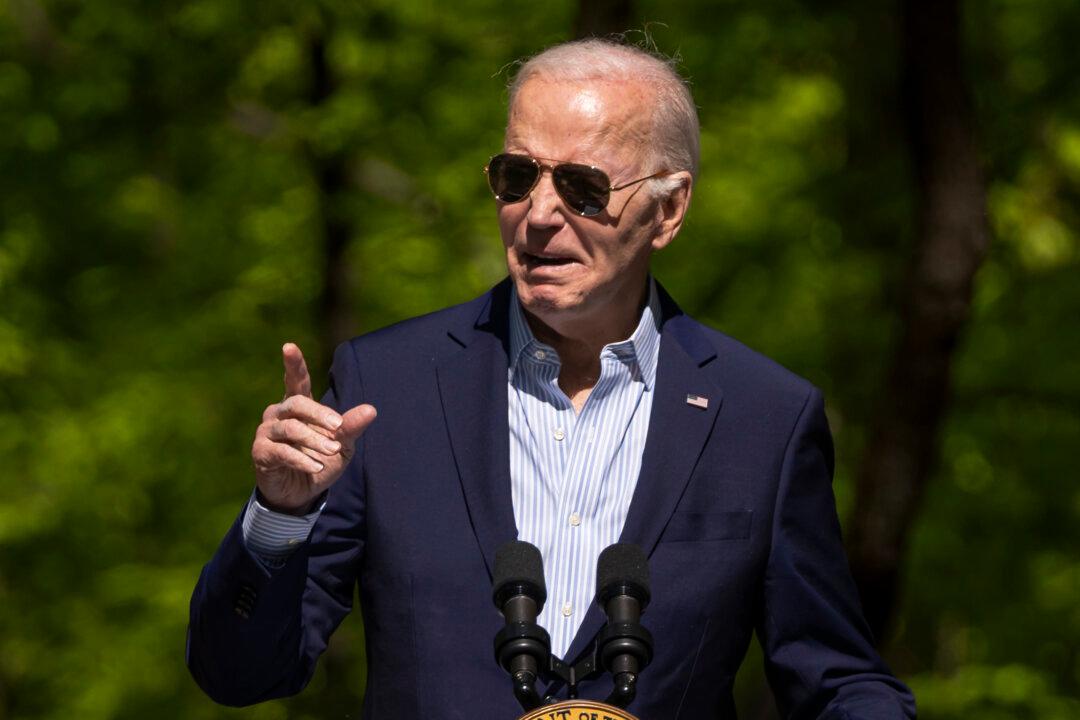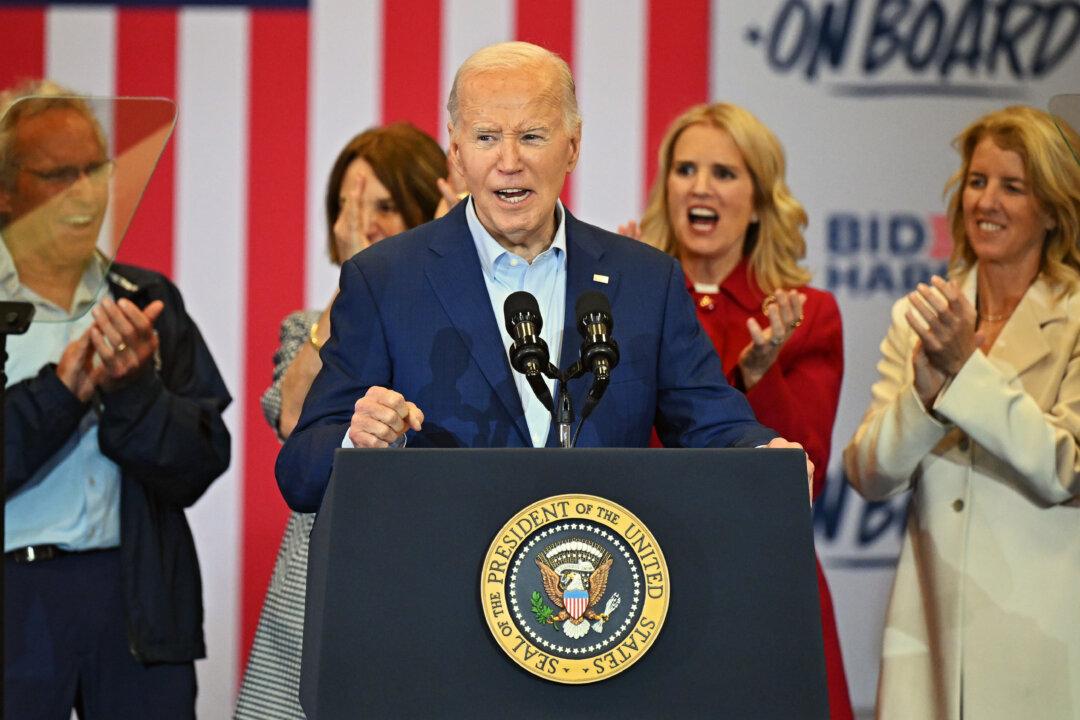BUENOS AIRES—The United States, Canada, and Mexico begin a new chapter by replacing the 24-year-old North American Free Trade Agreement (NAFTA).
President Donald Trump, Canadian Prime Minister Justin Trudeau, and Mexican President Enrique Pena Nieto signed on Nov. 30 the new trade deal, U.S.–Mexico–Canada Agreement (USMCA), on the sidelines of G20 Summit in Argentina.
The new treaty will now be sent to congresses of each country for approval.
Speaking at the signing ceremony, Trump called the agreement “a truly groundbreaking achievement.”
“The USMCA is the largest, most significant, modern, and balanced trade agreement in history,” Trump said. “All of our countries will benefit greatly.”
The new trade pact would bring to the United States high-paying manufacturing jobs and boost exports in various sectors, including farming, manufacturing, and service industries, he said.
“This is an amazing deal for our farmers, and also allows them to use cutting-edge biotechnology, and eliminates non-scientific barriers.”
Trump added that the treaty would promote high wages, citing autoworkers as primary beneficiaries.
Under the new deal, 75 percent of automobiles’ content must come from North America, up from the original threshold of 62.5 percent. The higher threshold will keep more parts from other regions out, while boosting production and jobs in the region.
The rules also incentivize the use of high-wage manufacturing labor in the auto sector. Nearly 40 to 45 percent of automobile content must be manufactured by North American high-wage labor in order to gain preferential access to these three markets.
“This will help stop auto jobs from going overseas, and it will bring back auto jobs that have already left,” Trump said. “Many companies are coming back, and we’re very excited about that.”
‘A Model Agreement’
After months of talks, the United States, Canada, and Mexico agreed on Sept. 30 to sign the USMCA. With its strong provisions, the new pact has become a “playbook for future trade deals,” according to the White House.The new deal has ambitious standards on fighting unfair trade practices, confronting massive state subsidies, and currency manipulation.
It also has a so-called poison pill, which is a clause that aims to contain Beijing. The provision, which has attracted a lot of attention and praise, essentially blocks any trade flirtation with China.
According to the agreement, if any party enters into a free-trade agreement with a non-market country, the other parties have the right to terminate the USMCA on six-month notice.
U.S. Commerce Secretary Wilbur Ross earlier said that this provision could be replicated in other trade agreements.
“This is a model agreement that changes the trade landscape forever,“ Trump said. ”And this is an agreement that, first and foremost, benefits working people—something of great importance to all three of us here today.”
Trump has a high confidence that the U.S. Congress will approve the deal.
‘Incredible way to end a presidency’
During the signing ceremony, Trump praised outgoing Mexican President Nieto for signing the deal on the last day of his presidency.“It is really an incredible way to end a presidency. You don’t see that happen very often,” he said.
Prime Minister Trudeau called the agreement “the new North American Free Trade Agreement” and said it maintained stability for Canada’s entire economy.
“The new agreement lifts the risk of serious economic uncertainty that lingers throughout a trade renegotiation process,” he added. “Uncertainty that would have only gotten worse and more damaging had we not reached a new NAFTA.”
President Nieto said the trilateral partners were beginning a “new chapter in their shared history.”
“The agreement that we have signed today will allow each country to gain individually, but also North America will grow stronger and will grow to be more prosperous,” he said.





Friends Read Free